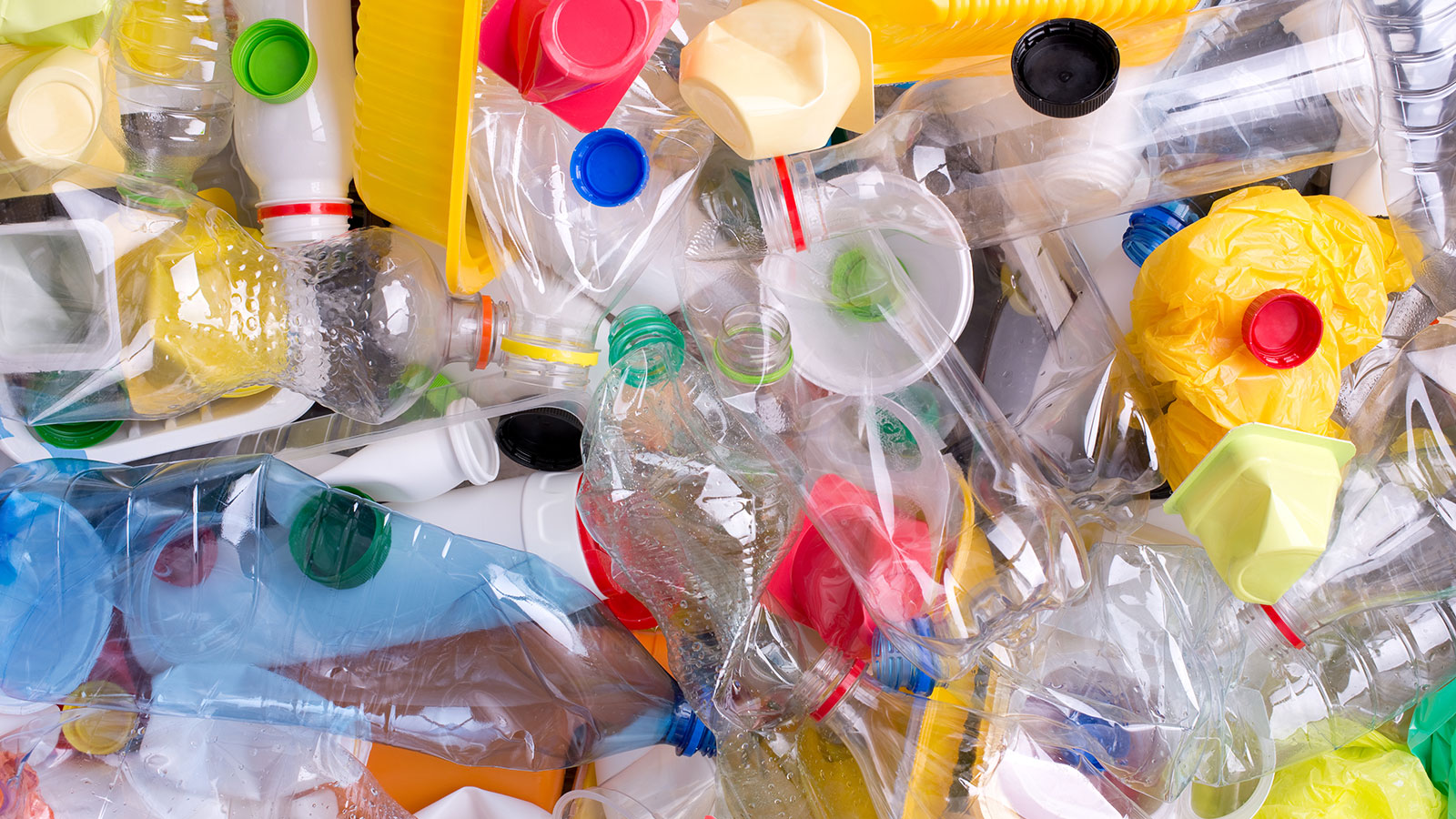All Categories
Featured
Table of Contents

Kubik has emerged as a front-runner in the realm of sustainable construction, particularly within Africa’s vibrant climate tech sector. The company’s primary mission is to address the pressing challenges of plastic waste by transforming it into high-quality, eco-friendly building materials. This approach not only promotes zero waste practices but also significantly enhances the eco-conscious building landscape.
The company’s recent funding achievements are a testament to its growing influence and potential. Such financial backing has accelerated R&D, scaling of operations, and the extension into new territories, setting Kubik on a path to reshape the construction industry on a global scale.
Revolutionizing Building Materials with Advanced Technology
Kubik has developed proprietary technology that converts hard-to-recycle plastics into durable, cost-effective building materials. This innovative technology not only supports the environment but also provides tangible benefits to the building sector - 7 Recycled Plastic Building Materials Revamping .... The materials produced are robust yet inexpensive, flexible, and highly sustainable, making them ideal for a wide range of construction applications
The use of these upcycled materials results in considerable decreases in carbon footprint and waste in the construction industry, emphasizing the dual benefits of environmental impact and resource efficiency
International Praise and Awards
Kubik’s efforts in pioneering new eco-conscious building practices have not gone unnoticed. It has received numerous awards and recognitions for its innovative approach to upcycling plastic waste. These include worldwide environmental excellence certificates, reiterating its role as a leader in climate tech in Africa and beyond. These accolades further support Kubik's credibility and encourage further innovation within the industry.
Addressing the Affordable Housing Crisis
One of the most impactful applications of Kubik’s technology is in the affordable housing sector. By lowering the cost of building materials, Kubik makes housing more accessible to lower-income populations. Scaling up plastic substitutes is key to tackling pollution. Moreover, the durability and low maintenance costs of these materials ensure long-term savings and sustainability, addressing both economic and environmental aspects of housing
In Africa, where the demand for affordable housing continues to rise, Kubik’s innovations offer a viable solution that could potentially transform millions of lives while also caring for the environment

Plans for Scaling Operations
Kubik is not only focusing on perfecting its present innovations and offerings but is also planning to expand its operations, particularly in Ethiopia. This move is part of a broader strategy to penetrate new regions and opportunities within Africa and eventually, on a global scale. Through strategic partnerships and continued innovation, Kubik aims to become a major player in the sustainable construction industry worldwide.
Expanding Reach Through Licensing
To further disseminate its impact, Kubik is exploring opportunities to license its proprietary technology. This strategy will enable other companies around the world to implement and integrate sustainable practices into their operations, thereby magnifying the global impact of Kubik’s innovations. The goal is to set a new standard in the building industry, turning zero waste and sustainability from niche to norm.
Eco-Friendly Practices and Impact
By focusing on upcycling plastic waste, Kubik significantly reduces the environmental impact associated with both waste management and traditional building materials. Their efforts support global environmental goals like reducing landfill use, decreasing ocean plastic, and lowering greenhouse gas emissions, making Kubik’s work critically important for sustainable development.
Vision for the Future and Product Diversification
Looking forward, Kubik is not resting on its laurels - New Greenpeace Report: Plastic Recycling Is A Dead-End. The company plans to broaden its product line, incorporating a wider range of recycled and sustainable materials into its manufacturing processes. This diversification will likely open new markets and opportunities, reinforcing its position at the cutting edge of sustainable building. Moreover, Kubik's endeavors could serve as a catalyst, encouraging more startups to focus on solving environmental issues through innovative, sustainable technologies
Throughout, Kubik remains committed to its core vision of driving forward the agenda of sustainability in building, proving that good business practices can indeed go hand in hand with environmental stewardship and social responsibility
Latest Posts
Exploring Causes and Signs of Water Damage on Walls
German Shepherds in Detection and Protection
The Role of Visuals in Enhancing Art Exhibition Press Releases